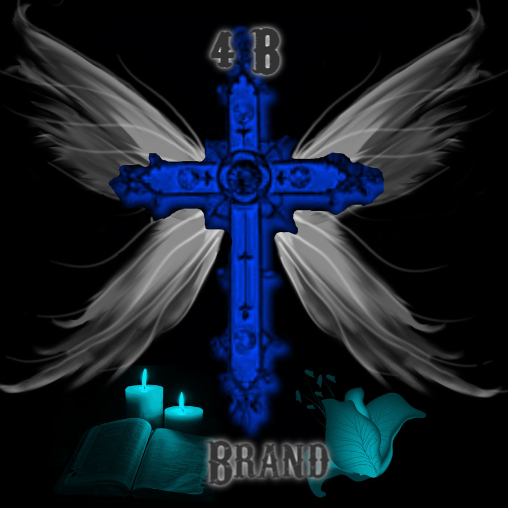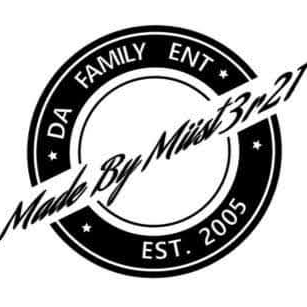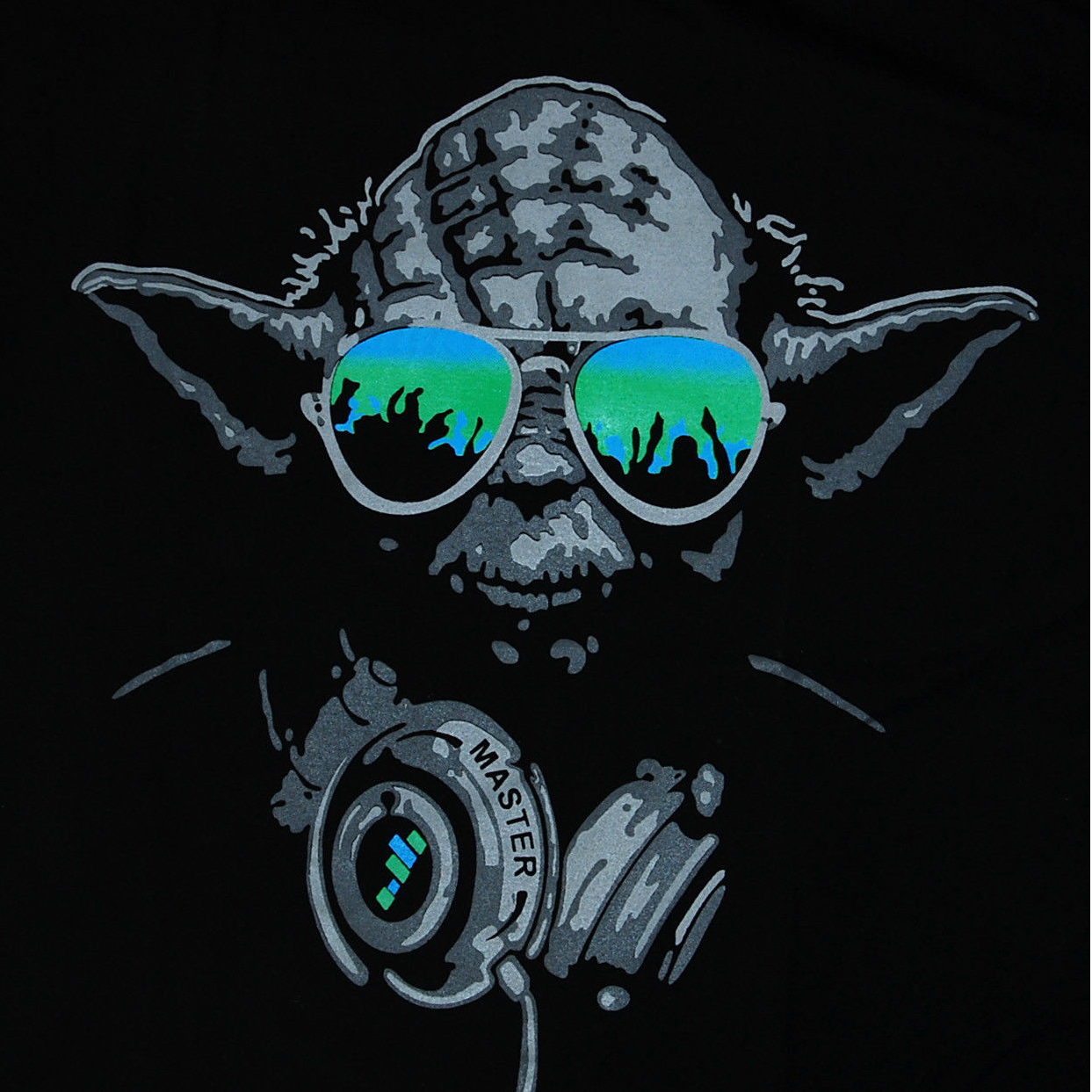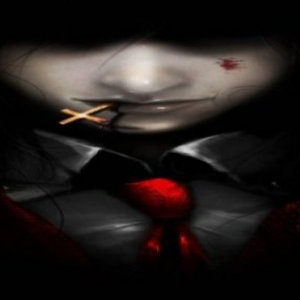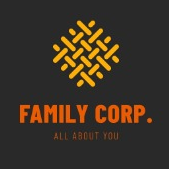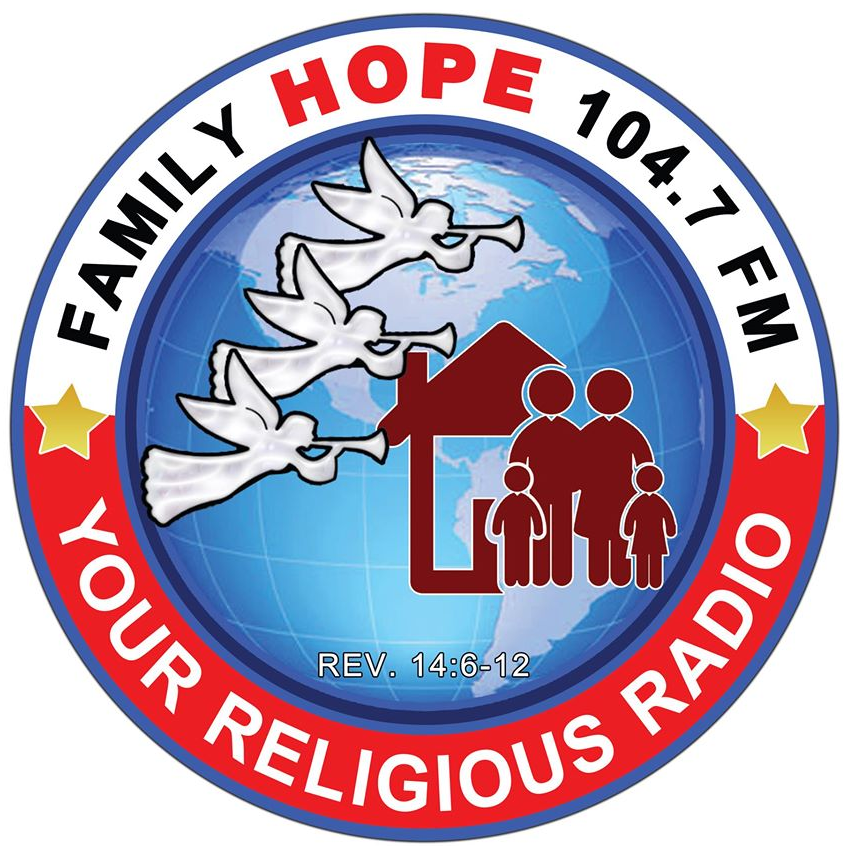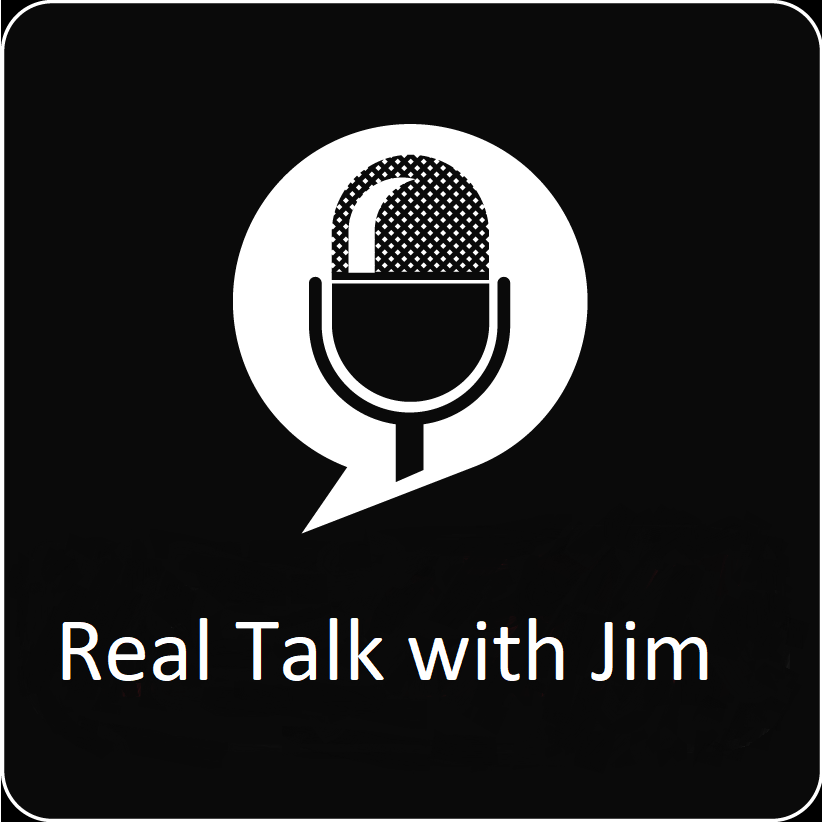Important Information
As of January 1, 2020, Radionomy will migrate towards the Shoutcast platform. This evolution is part of the Group’s wish to offer all digital radio producers new professional-quality tools to better meet their needs.
Shoutcast has been a leader throughout the world in digital radio. It provides detailed statistics and helps its users to develop their audience. More than a thousand partners carry Shoutcast stations to their connected apps and devices.
Discover the Shoutcast solution.
Family / 100 search results
Sort by relevance popularity name newest
Family
Family were an English rock band that formed in late 1966 and disbanded in October 1973. Their style has been characterised as progressive rock, although their sound often explored other genres, incorporating elements of styles such as folk, psychedelia, acid, jazz fusion and rock and roll. The band achieved recognition in the United Kingdom through their albums, club and concert tours and appearances at festivals. The band's rotating membership throughout its relatively short existence led to a diversity in sound throughout their different albums. Family are also often seen as an unjustly forgotten act, when compared with other bands from the same period and have been described as an "odd band loved by a small but rabid group of fans".Early years (1966–1969)Family formed in Late 1966 in Leicester, England from the remaining members of a group that was previously known as The Farinas and later briefly The Roaring Sixties, whose sound was grounded in R&B. The Farinas originally consisted of John "Charlie" Whitney, Tim Kirchin (born Timothy Kirchin, 1944?, Leicester, Leicestershire died ?), Harry Ovenall (born Richard Harry Ovenall, 12 September 1943, Peterborough, Cambridgeshire) and Jim King, forming at Leicester Art College in 1962. Ric Grech replaced Kirchin on bass in 1965 and Roger Chapman joined the following year on vocals. The American record producer Kim Fowley suggested they call themselves "The Family" as they regularly wore double-breasted suits in performances, giving themselves a mafia appearance, a look they soon abandoned in favour a more casual dress code. They played the famous Marquee Club regularly and other London clubs including The Hundred Club and the famous Sybilla's in Swallow Street where they met Henrietta Guinness who introduced them into society. On meeting Mim Scala who they had known before, Mim asked if there was anything he could do for them. Because they were looking for material at the time, and probably a producer, Harry Ovenall asked Mim if he could arrange for Jimmy Miller to produce the first single which Mim duly did, and also introduced them to John Gilbert, who from then on took over managing the band. Thanks to Jimmy Miller, Steve Winwood and other members of Traffic participated in the recording. Shortly after the recording and before the release, Harry Ovenall voiced his concern over the movement away from their black musical roots i.e. blues, R&B, soul. In fact around 1965 The Farinas had publicity cards saying "Farinas Soul and Roll". The single seemed to be going towards psychedelia, emphasised by the use of a phono fiddle borrowed from an Oxford Street busker, and played by Ric Grech. His concerns also included the role of management in the band. A meeting of the band was called, during which it was suggested that Harry's heart was no longer in the band and as a consequence he walked away from the band. Contrary to several reports he was not asked to leave the band. Family's debut single "Scene Through The Eye of a Lens/Gypsy Woman", produced by Jimmy Miller and released by Liberty Records in October 1967, was not a success. Drummer Harry Ovenall was replaced by Rob Townsend.The band signed with the Reprise Records label (the first UK band signed directly to UK and US Reprise) and their debut album Music in a Doll's House, was recorded during early 1968. Jimmy Miller was originally slated to produce it but he was tied up with production of The Rolling Stones' album Beggar's Banquet and he is credited as co-producer on only two tracks, "The Breeze" and "Peace of Mind". The bulk of the album was produced by former Traffic member Dave Mason, and recorded at London's Olympic Studios with engineers Eddie Kramer and George Chkiantz. Mason also contributed one composition to the album, "Never Like This", the only song recorded by Family not written by a band member, and the group also backed Mason on the b-side of his February 1968 single "Just For You".Family made their London debut at the Royal Albert Hall in July 1968, supporting Tim Hardin. Alongside Pink Floyd, Soft Machine, The Move and The Nice, Family quickly became one of the premier attractions on the burgeoning UK psychedelic/progressive "underground" scene. Their lifestyle and exploits during this period provided some of the inspiration for the 1969 novel, Groupie, by Jenny Fabian (who lived in the group's Chelsea house for some time) and Johnny Byrne. Family featured in the book under the pseudonym, 'Relation'.Music in a Doll's House was released in July 1968 and charted at No. 35 in the UK to critical acclaim, thanks to strong support from BBC Radio 1's John Peel. Now widely acknowledged as a classic of British psychedelic rock, it showcased many of the stylistic and production features that are archetypal of the genre. The album's highly original sound was characterised by Chapman's vocals, rooted in the blues and R&B, combined with several unusual instruments for a rock band, courtesy of the presence of multi-instrumentalists Grech and King, including saxophones, violin, cello and harmonica.Family's 1969 follow-up, Family Entertainment, toned down the psychedelic experimentation of their previous offering to some extent, reaching No. 6 in the UK Albums Chart, and featured the single "The Weaver's Answer", although the group reportedly had no control over the mixing and choice of tracks, or the running order of the songs.With the UK success of Family's first two albums, the band undertook a tour of the United States in April 1969, but it was beset by problems. Halfway through the tour, Grech unexpectedly left the band to join the new supergroup Blind Faith; on the recommendation of tour manager Peter Grant, Grech was replaced by John Weider, previously of Eric Burdon and The Animals. A further setback occurred during their first concert at Bill Graham's Fillmore East, whilst sharing the bill with Ten Years After and The Nice – during his stage routine, Chapman lost control of his microphone stand, which flew in Graham's direction, an act Graham took to be deliberate; Chapman performed the following shows with his hands by his sides, and by the end of the tour he had lost his voice; Family's reputation in the US never recovered and they ultimately never achieved great recognition there.Returning to the UK, the band performed at The Rolling Stones' Hyde Park gig and the Isle of Wight Festival that summer. In late 1969, Jim King was asked to leave Family due to "erratic behaviour" and was replaced by multi-instrumentalist John "Poli" Palmer.Later years (1970–1973)In 1970, Family played a few more gigs in the United States, appearing in San Francisco and Boston. In early 1970, Family released their third studio album, A Song for Me; produced by the band, it became the highest charting album the band released, reaching No. 4 on the UK Albums Chart. The album itself was a blend of hard rock and folk rock. Family's new line-up played at major rock festivals that summer, including the Kralingen Music Festival in the Netherlands and the Isle of Wight Festival for the second year in a row. The band appeared in the documentary film Message to Love about the latter festival.Family's follow up album Anyway, released in late 1970, had its first half consist of new material recorded live at Fairfield Hall in Croydon, England, with the second half a set of new songs recorded in the studio, and reached No. 7 on the UK chart. In March 1971 the compilation album, Old Songs New Songs, (which contained remixes and rare tracks) was released, but in June Weider left Family to join Stud. He was replaced by former Mogul Thrash bassist John Wetton, who had just declined an invitation from Robert Fripp to join King Crimson.As with Grech in Family's original line-up, Wetton also shared vocal duties with Chapman, and this line-up soon released Family's highest-charting single "In My Own Time/Seasons" which reached No. 4, and the album Fearless in October 1971, which charted in both the UK and the US. In 1972, another album, Bandstand was released, which leaned more towards hard rock than art rock, featuring the singles "Burlesque" in late 1972, and "My Friend the Sun", which was released in early 1973.In mid-1972, John Wetton left Family to join a new line-up of King Crimson and was replaced by bassist Jim Cregan, and at the end of that year John "Poli" Palmer also left the band and was replaced by keyboardist Tony Ashton, previously of Ashton, Gardner and Dyke. After Wetton's departure (but before Palmer's exit) Family toured the United States and Canada as the support act for Elton John, but their performances were often greeted with silence and Poli Palmer later recalled that "the only clapping in this huge stadium would be the guys doing the PA".In 1973, Family released the largely ignored It's Only a Movie (and on their own label, Raft, distributed by Warner/Reprise), which would be their last studio album, followed by another tour.Family gave their final concert at Leicester Polytechnic on 13 October 1973. Many of its members went onto different musical projects; Roger Chapman and John "Charlie" Whitney formed the band Streetwalkers; John Wetton played with King Crimson and eventually became the lead singer of the band Asia. Rob Townsend was a member of Medicine Head between 1973 and 1975. He is now a member of The Blues Band since 1979 and of The Manfreds since 1991. Ric Grech died of kidney and liver failure in 1990 at the age of 43, as a result of alcoholism. Tony Ashton died in 2001 at the age of 55 of cancer. Sadly, Jim King died on 6 February 2012 in Middlewich, Cheshire.Reunion performances (2013)In September 2012 the band announced a one-off reunion gig on 2 February 2013 at the O2 Shepherds Bush Empire, London featuring Roger Chapman, Poli Palmer, Rob Townsend and Jim Cregan In fact the band played two nights, Friday and Saturday, to sell out audiences. Setlist on Saturday: Top of the Hill, Drowned in Wine, Holding the Compass, Part of the Load, Ready to Go, Crinkly Grin, Burning Bridges, No Mule's Fool, Sat'dy Barfly, Between Blue and Me, Hung Up Down, Burlesque, In My Own Time. Encore 1: Weaver's Answer; Encore 2: My Friend the Sun, Sweet Desiree. Roger Chapman paid warm tributes to absent band members Rick Grech, Tony Ashton, Jim King, John Weider, John Wetton and Charlie Whitney whom he invited to come back (from Greece) to enjoy the English rain...a celebratory concert, rich in memories for all, and introduced by long time friend of the band and local Leicester hero, the former footballer Frank Worthington.Family performed at the Rockin' the Park Festival at Clumber Park in Notts on 16 August 2013.The Family box set, Once Upon a Time, won the Storm Thorgerson Grand Design award at the 2013 Progressive Music Awards.MusicFamily's sound was distinguished by several factors. The vocals of Roger Chapman, described as a "bleating vibrato" and an "electric goat", were considered unique, although Chapman was trying to emulate the voices of R&B and soul singers Little Richard and Ray Charles, with some reviewers noting however that Chapman's voice could be grating and irritating occasionally. John "Charlie" Whitney was an accomplished and innovative guitarist, and Family's often complex song arrangements were made possible through having multi-instrumentalists like Ric Grech and Jim King in the band and access to keyboards such as the Hammond organ and the new Mellotron. The band's sound has been variously described as progressive rock, psychedelic rock, acid rock, folk rock, jazz fusion, not to mention "British art rock," and hard rock.Family were particularly known for their live performances; one reviewer describing the band as "as one of the wildest, most innovative groups of the underground rock scene", noting that they produced "some of the rawest, most intense performances on stage in rock history" and "that the Jimi Hendrix Experience were afraid to follow them at festivals".Family was an influence on Jethro Tull, with Ian Anderson noting that the band were particularly under-rated. Both in his vocal sound and style and his dramatic stage presentation, Chapman was also a strong early influence on Peter Gabriel.
Read more about Family
